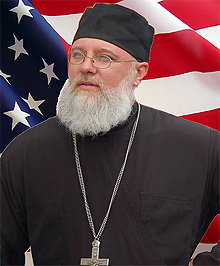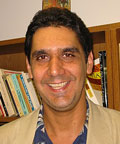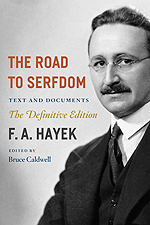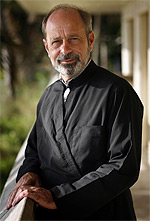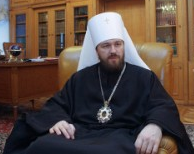Nov. 2010 – Stanley Hauerwas –
An open letter to young Christians on their way to college
“The Christian religion,” wrote Robert Louis Wilken, “is inescapably ritualistic (one is received into the Church by a solemn washing with water), uncompromisingly moral (‘be ye perfect as your Father in heaven is perfect,’ said Jesus), and unapologetically intellectual (be ready to give a ‘reason for the hope that is in you,’ in the words of 1 Peter). Like all the major religions of the world, Christianity is more than a set of devotional practices and a moral code: it is also a way of thinking about God, about human beings, about the world and history.”
Ritualistic, moral, and intellectual: May these words, ones that Wilken uses to begin his beautiful book, The Spirit of Early Christian Thought, be written on your soul as you begin college and mark your life—characterize and distinguish your life—for the next four years. Be faithful in worship. In America, going to college is one of those heavily mythologized events that everybody tells you will “change your life,” which is probably at least half true. So don’t be foolish and imagine that you can take a vacation from church. [Read more…]

